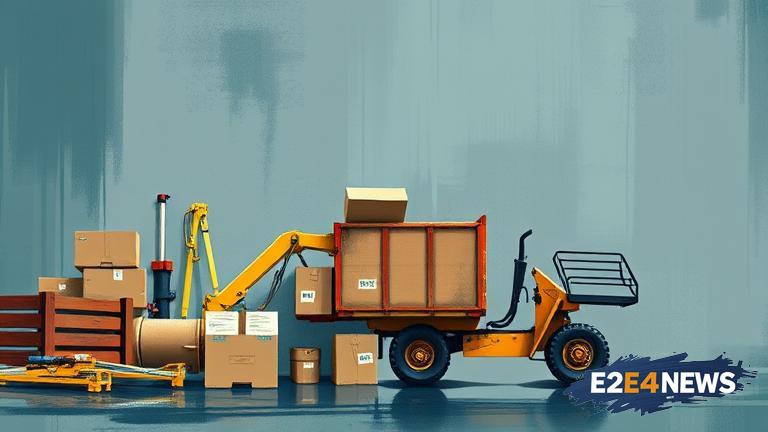The state of Illinois has taken a significant step towards regulating the online shopping industry with the introduction of a delivery tax. This move is expected to have far-reaching implications for consumers, businesses, and the economy as a whole. The tax, which was passed by the Illinois General Assembly, will apply to all online deliveries, including food, groceries, and other products. The revenue generated from this tax will be used to support local businesses and fund various state projects. According to experts, the delivery tax is a necessary measure to level the playing field between online retailers and brick-and-mortar stores. Online shopping has become increasingly popular in recent years, with many consumers opting for the convenience and flexibility it offers. However, this shift has also led to a decline in sales for traditional stores, resulting in significant losses for local businesses. The delivery tax aims to address this issue by imposing a small fee on online deliveries, which will be used to support local businesses and promote economic growth. The tax is expected to generate significant revenue for the state, which will be used to fund various projects, including infrastructure development and public transportation. The Chicago Transit Authority (CTA) is expected to be a major beneficiary of this tax, with a significant portion of the revenue being allocated to support the city’s public transportation system. The delivery tax has been met with mixed reactions from consumers and businesses, with some expressing concerns about the potential impact on online shopping. However, many experts believe that the benefits of the tax outweigh the drawbacks, and that it will ultimately lead to a more sustainable and equitable retail landscape. The Illinois General Assembly has stated that the tax will be implemented in a way that minimizes the impact on consumers, with the goal of promoting fair competition between online and offline retailers. The tax is also expected to create new job opportunities and stimulate economic growth in the state. Furthermore, the revenue generated from the tax will be used to support small businesses and startups, which are critical to the state’s economic development. The delivery tax is a significant step towards regulating the online shopping industry, and it is expected to have a major impact on the way consumers shop and businesses operate. As the online retail landscape continues to evolve, it is likely that other states will follow Illinois’ lead and implement similar taxes. The implementation of the delivery tax is a complex process that requires careful planning and coordination. The state government has established a task force to oversee the implementation of the tax and ensure that it is fair and effective. The task force will work closely with businesses, consumers, and other stakeholders to address any concerns or issues that may arise. In addition to supporting local businesses, the delivery tax is also expected to have a positive impact on the environment. By promoting sustainable shopping practices and reducing the number of deliveries, the tax is expected to lead to a decrease in carbon emissions and other negative environmental impacts. Overall, the delivery tax is a significant development that is expected to have far-reaching implications for the online shopping industry and the state of Illinois as a whole. The tax is a necessary measure to promote fair competition, support local businesses, and stimulate economic growth. As the state continues to navigate the complexities of the online retail landscape, it is likely that the delivery tax will play a critical role in shaping the future of shopping in Illinois.





